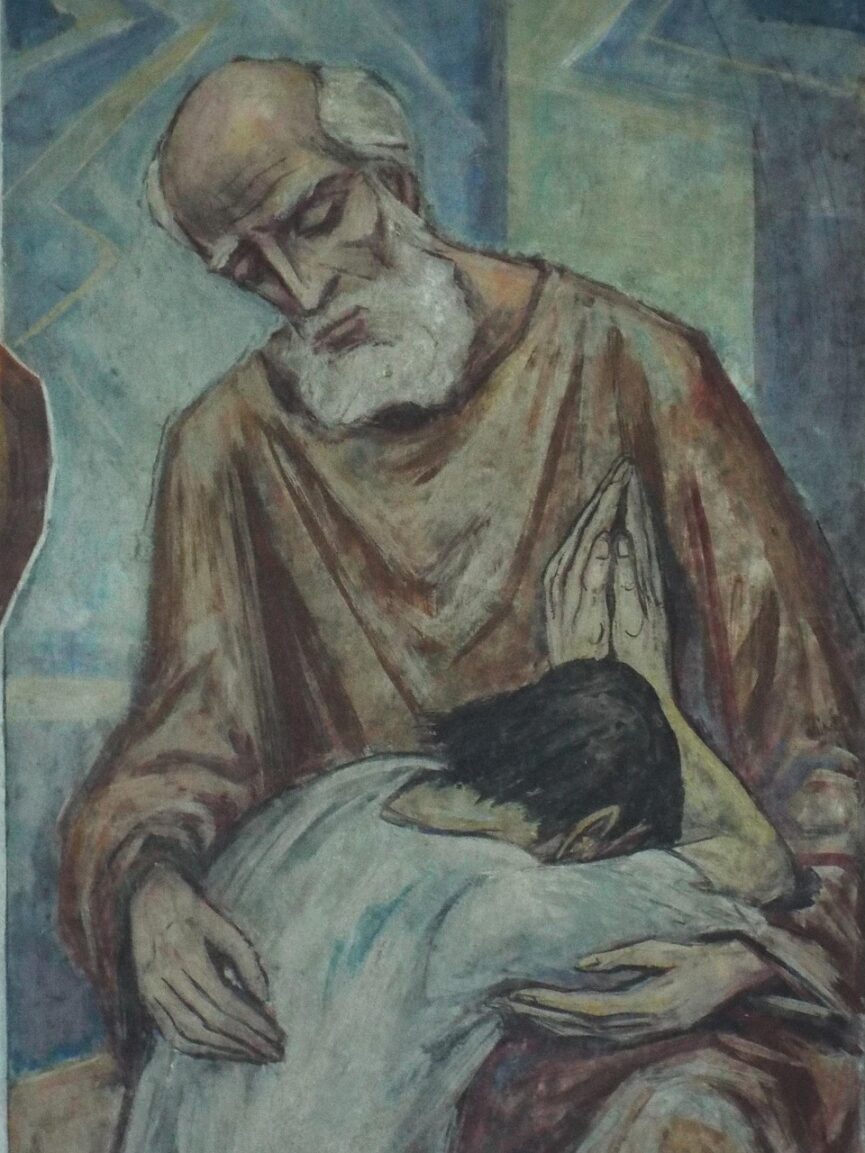The Prodigal Son: A Story of Grace and Celebration
Most Christians are familiar with Jesus’ parable of the prodigal son—sometimes referred to as the parable of the lost son. The New International Commentary on the New Testament calls it the “Gospel within the Gospel,” while William Barclay in his commentary describes it as “the greatest short story in the world.” This timeless tale has captivated readers young and old, and it never fails to inspire generations after generations.
On the surface, the parable tells the story of a reckless young man who squanders his inheritance on reckless living in a foreign land. As his circumstances worsen, a severe famine strikes, leaving him destitute and desperate. He takes a job feeding pigs, a humbling and humiliating position. Hungry and humiliated, he finally resolves to return home to his father with a simple plan in mind: “Father, I have sinned against heaven and against you. I am no longer worthy to be called your son; make me like one of your hired servants.”
For those reading the story for the first time, this is the moment they may think, “Serves him right! I hope his father slams the door in his face.” At first glance, this young man seems like the villain, the “bad son” of the tale. But as we know, there’s far more to the story.
What comes next defies all expectations. Instead of rejection, the father—filled with love and longing—runs to his son, embraces him, and kisses him. Without hesitation, the father begins planning a joyous celebration: “Quick! Bring the best robe and put it on him. Put a ring on his finger and sandals on his feet. Bring the fattened calf and kill it. Let’s feast and celebrate. For this son of mine was dead and is alive again; he was lost and is found.”
As if this wasn’t surprising enough, the story takes another twist. The elder son enters the scene. He is the dutiful one—the hard-working, obedient “good son.” The one his father must be proud of. The first listeners might assume he is the hero of the story. Yet once again, Jesus turns over expectations. This elder son, despite his obedience and diligence, is unable to share in his father’s joy. He refuses to join the celebration and reveals a heart unwilling to forgive or love as his father does.
To fully grasp the depth of this parable, we must consider its context. Jesus shared it in response to the Pharisees’ criticism of the “sinners” and tax collectors who had gathered to hear Him. The religious leaders scoffed, saying, “This man welcomes sinners and eats with them.” This wasn’t the first time Jesus faced such criticism. At another banquet hosted by Levi the tax collector, the Pharisees asked Jesus’ disciples, “Why do you eat and drink with tax collectors and sinners?” Jesus famously replied, “It is not the healthy who need a doctor, but the sick. I have not come to call the righteous, but sinners to repentance.”
Repentance was a concept the Pharisees struggled to understand. They believed they were already holy and saved simply because they were born as God’s people. Simply because -as the Pharisee prayed, the fast, pray and tithe. This pride blinded them to the transformative power of God’s grace.
Looking closer, we see that both sons which in the parable represent the Pharisees and the sinners… Jesus was sharing with… were lost. One was lost in a distant land, indulging in reckless living, while the other was lost within his own home, trapped in selfishness, pride and resentment. The younger son recognized his father’s kindness and appealed to his mercy, while the elder son -the dutiful and obedient- resented his father’s compassion and generosity for the one he thought did not deserve his father’s grace and forgiveness.
This parable teaches us two profound lessons: One is about Repentance and Reconciliation
True repentance always brings about a complete reversal of status. The younger son sought to return as a worker, but his father restored him as a beloved family member. This is the essence of God’s grace— even when we are lost, we remain His children, and He pursues us tirelessly.
The father’s gifts—a robe, a ring, and sandals—symbolize the full restoration of the son’s identity. Yet this comes with a challenge: to leave the past behind and live as a renewed person. Satan, the accuser, often tries to remind us of our failures to hold us back. But if we relate to the prodigal son, let us never forget, when Jesus forgives us, we become a new creation in Christ. When Satan accuses you of what you did in the past, tell him boldly, “Yes, I was that or I did that, but Jesus has made me new! I am forgiven, redeemed, and restored by His sacrifice on the cross.”
The other lesson is: Rejoicing in Reconciliation
Reconciliation involves not only God and the repentant individual but also the community. The elder son’s refusal to join the celebration reflects a dangerous pride. He separates himself from his brother, saying, “This son of yours…” The father lovingly reminds him, “This brother of yours was dead and is alive again; he was lost and is found.”
This simple truth—that we are brothers and sisters because we share the same Father—has the power to transform Christian communities. Our status before God is not based on our actions but on His grace and mercy through Christ. Let us rejoice when others return to Him and embrace the celebration, just as the father did.
The story ends on an open note. We don’t know whether the elder son joined the feast or remained outside. Jesus invites us into this narrative, leaving the choice up to us: Will we celebrate God’s grace for all, or will we stay outside, holding on to resentment when God extends his grace, mercy and love to those we do not like or agree with? The decision is ours.

